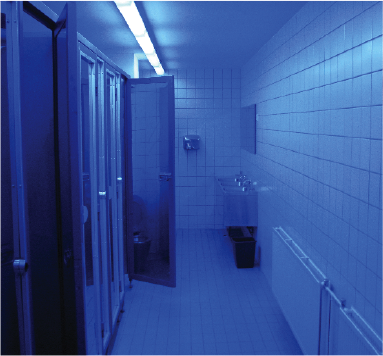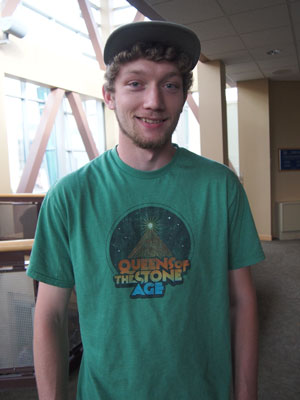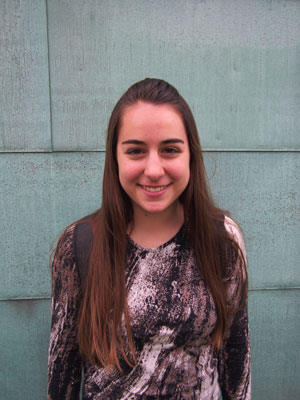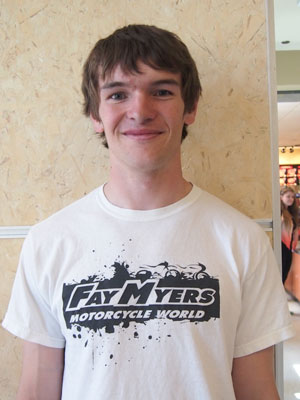Julianna Valenzuela
Contributor
In today’s world, it is easy to be oblivious to the struggles of others, especially those who are not within our own social classes. But oblivion and apathy allow discrimination to take place and removes our own power in doing anything about it. Engineering gives us the power to shape the world and we as the people in society have the responsibility of being aware of how that is happening, and whether that is a valid representation of the world we want to live in.
Discrimination is something that we like to pretend does not exist anymore, but it can be found in every corner of society. And what’s worse is that engineering solutions to societal problems have incredible potential to be discriminatory.
Unpleasant design is a form of engineering that targets certain people or behaviors with the intention of producing (or preventing) certain actions. Some examples of this would be bridges that are too low on Long Island, New York, which prevent public buses from accessing the beaches. This prevents people of lower income who typically rely on public transportation from being able to enjoy the pristine, upper class areas, and this was done on purpose. More recently, unpleasant design targets the homeless population and even shapes our social lives in cities. Examples include lighting that makes it difficult to use intravenous drugs or spikes on flat areas to prevent people from sleeping there. While this type of engineering is meant to solve problems, it goes about it in a sneaky way that removes peoples’ choices and involvement in a decision.
These types of engineering solutions are all around us. We target people and animals alike, using our problem solving skills to inhibit what we don’t want. But this attitude of division and elitism is tearing apart our society. When did modern society lose compassion for the life that is around us? We treat problems through their symptoms: homeless people need a place to sleep, so designing benches that can’t be slept on or preventing them from sleeping in front of buildings will make them go away. But the cause of homelessness is so much more complex, and these ‘solutions’ will only mask the problem from public view. Only with a sense of compassion and an unbiased mindset can we begin to understand the true causes of these issues within society, and that starts on an individual level.
The division of our society comes from viewing humans as unequal. When we go through our daily lives, there are people from all ranges of culture, background, values, race, age, and size. We so often let our biases determine how we feel about them, using what has been subtly or not so subtly programmed into us to give other people a value. And while we might not notice ourselves doing this, it happens all the time. And when it happens in the design of our societies, we destroy our power. People have the most power when we are bonded together, united in a communal effort to make the world better and to fight for what is right.
As an engineer, I believe that society would be a better place if our cities were designed with compassion and community in mind. When we take a look at the architecture and urban engineering that surrounds us, does it reflect that attitude, and how can we do this better? As individuals within society, we do have the power to make a difference. We are the people who vote to fund the projects, policies, politicians, and engineers who design our modern societies. We need to start looking at the world through a lens of unbiased equality, looking at all people as fellow human beings, regardless of their struggles, values, or position. When we design the world around us, we need to start designing it with a mindset of inclusion.
We want our cities to be safe. We want to feel comfortable when we are out in public or at home. But we cannot allow ourselves to become apathetic and oblivious to what is going on around us. Removing a problem from the public view does not solve the problem, and unpleasant design does not solve societal issues. By creating the opportunity to forget about these problems by removing them from our lives, I argue that we make problems worse. Instead of designing cities that target those who most need our help, humanity needs to act like a community and start looking together for solutions to societal issues like homelessness and racism. It starts with a mindset of acceptance and a proactive attitude. We as a society have the power to shape our world. We give the power to the government and engineers who design our cities and societies, and we must not forget that our individual responsibilities are just as important as those who make the final decisions.





'The power of individual awareness' has no comments
Be the first to comment this post!